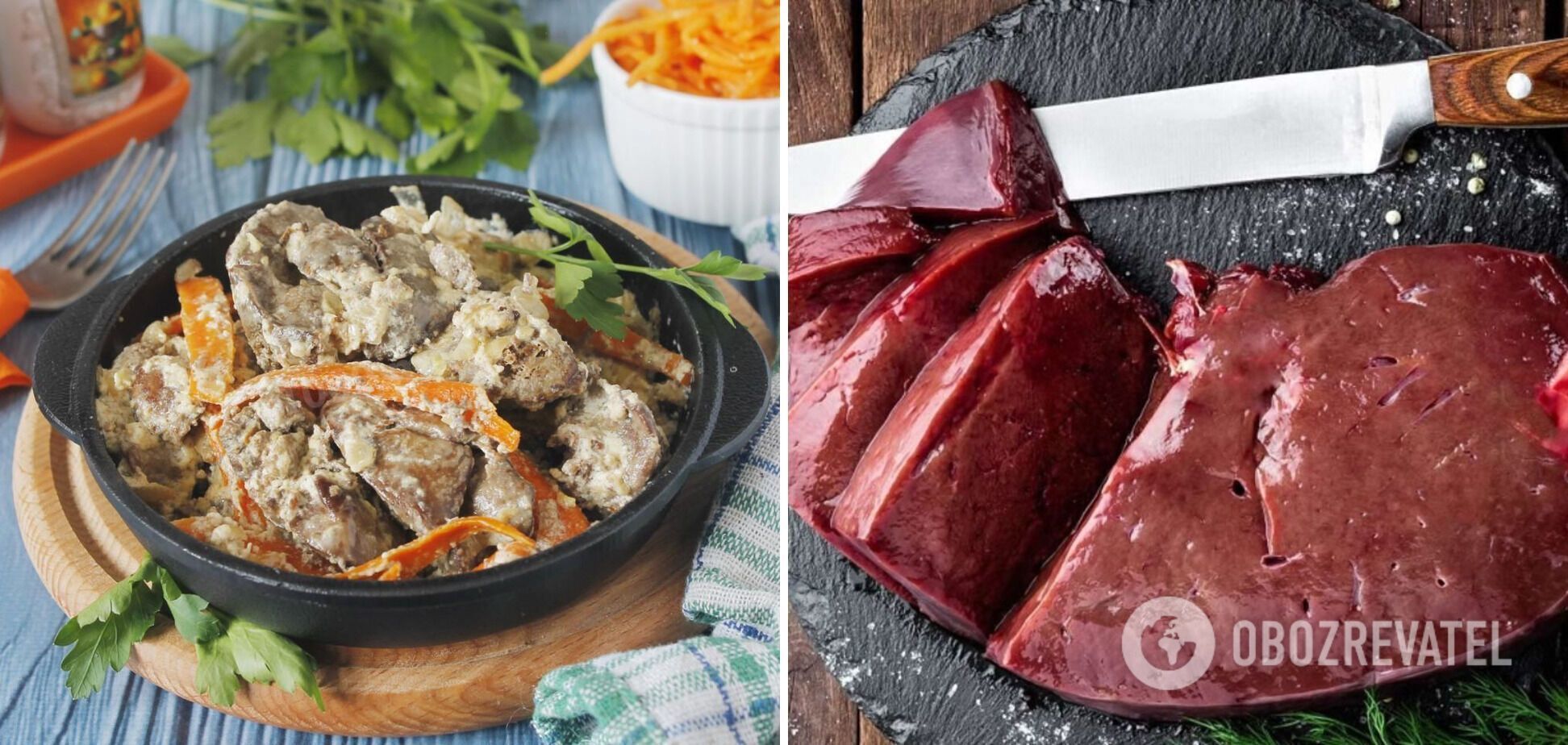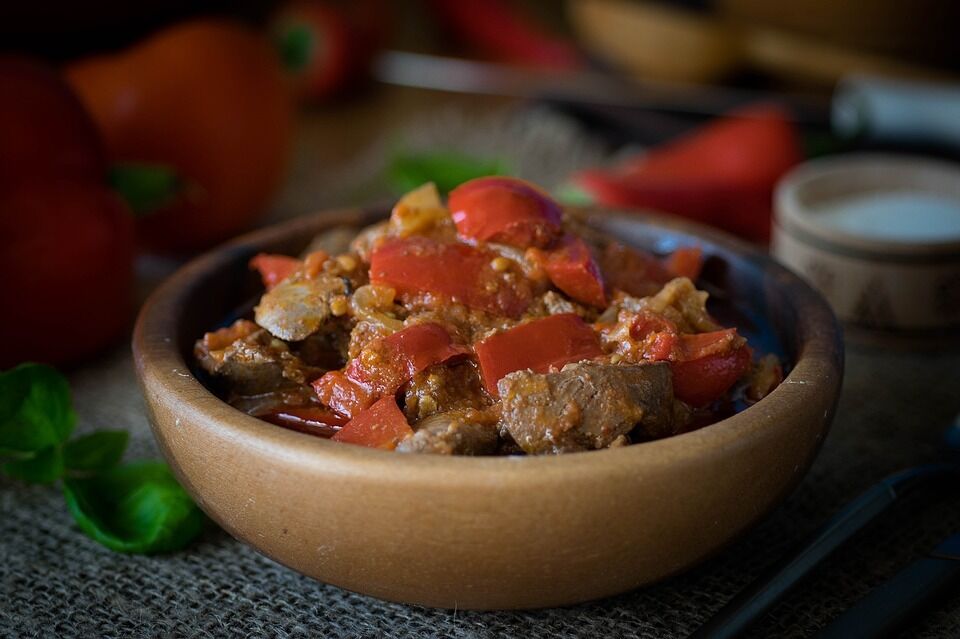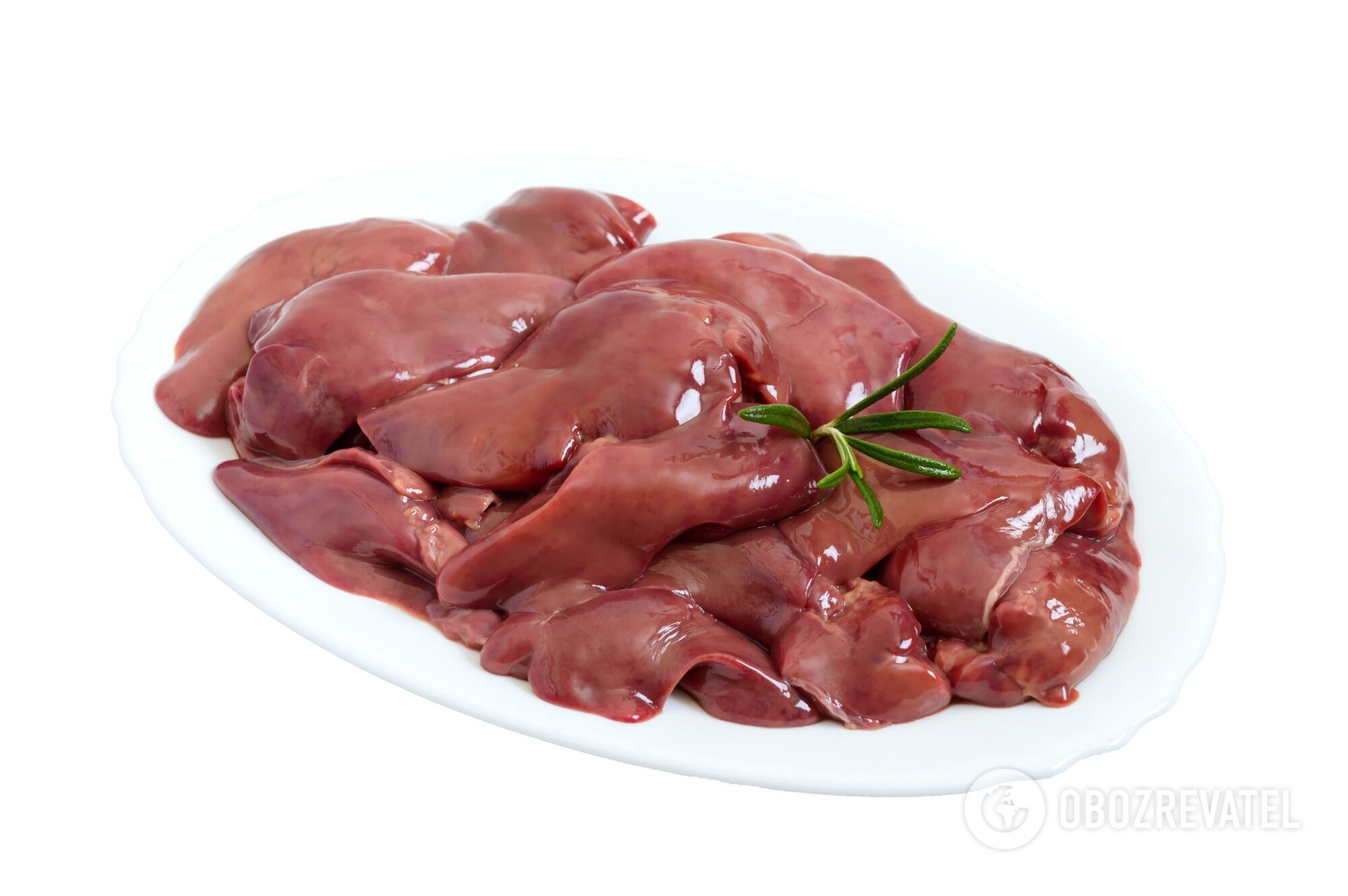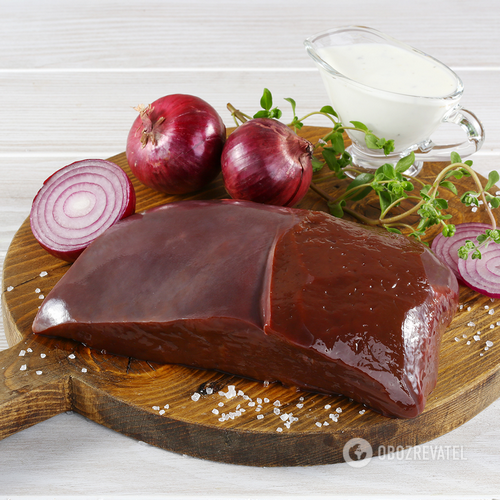LS Food
Who shouldn't eat liver and why: the expert gave her answer
The liver is a very useful product that contains many nutrients that are so necessary for the body, both for adults and children. The liver is much more beneficial than vegetables and fruits, it is low in calories but very nutritious. And just as importantly, it is an inexpensive product compared to meat.
Olena Sunichuk is a moderator of the group "Complementary foods. Its tricks. New Ideas, Fresh Perspectives" group, spoke on Facebook about the benefits of liver, as well as who should not eat this product and why.
To begin with, we note that 100 g of beef liver contains:
- Vitamin B12: 3.460% of the RDI.
- Vitamin B12 contributes to the formation of red blood cells and DNA.
"It is also involved in the healthy functioning of the brain," Olena noted.
- Vitamin A: 860-1100% of the RDI.
- Vitamin A is important for normal vision, immune function, and reproduction.
"It also helps organs such as the heart and kidneys to function properly," the expert explains.
- Riboflavin (B2): 210-260% of the RDI. Riboflavin is important for the development and functioning of cells.
"It also helps to convert food into energy," the moderator clarified.
- Folate (B9): 65% of the RDI.
"Folate is an important nutrient that plays a role in cell growth and DNA formation," explains the expert.
- Iron: 80% of the RDI or 35%.
"Iron is another important nutrient that helps carry oxygen through the body. And the iron in the liver is heme iron, which is most easily absorbed by the body, which is an excellent prevention of iron deficiency in a child," the expert noted.
- Copper: 1620% of the RDI.
"Copper acts as a key to activating a number of enzymes that then help regulate energy production, iron metabolism, and brain function," Olena says.
- Holin
"The liver provides all of the adequate intake for women and almost all of it for men. Choline is important for brain development and liver function," the expert explained.
Who shouldn't eat liver and why?
"Although the liver is rich in cholesterol, it's not a big deal for most people. Most of the cholesterol associated with heart disease is actually produced in the body. And when you eat foods high in cholesterol, your body produces less to keep the balance," Olena said.
Is the liver dangerous because of the accumulation of toxins in it?
"The task of the liver is to process 'toxins' and make them safe or turn them into something that can be safely excreted from the body. As a result, 'toxins' in the liver are not a problem, and there is no need to be afraid of them," the expert explained.
Who should not eat liver and why?
"There are really two groups of people who should avoid liver. The first group is pregnant women, for whom the consumption of formed vitamin A, the type found in the liver, is associated with congenital fetal defects. The second group of people is people with gout. The liver contains a lot of purines, which form uric acid in the body," said Olena.
The expert noted that the NHS recommends that children eat liver no more than once a week from the beginning of complementary feeding.
Information verified by doctor Viktor Litvinenko


































